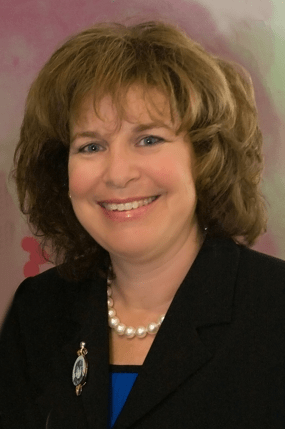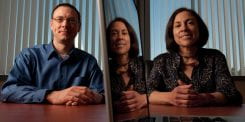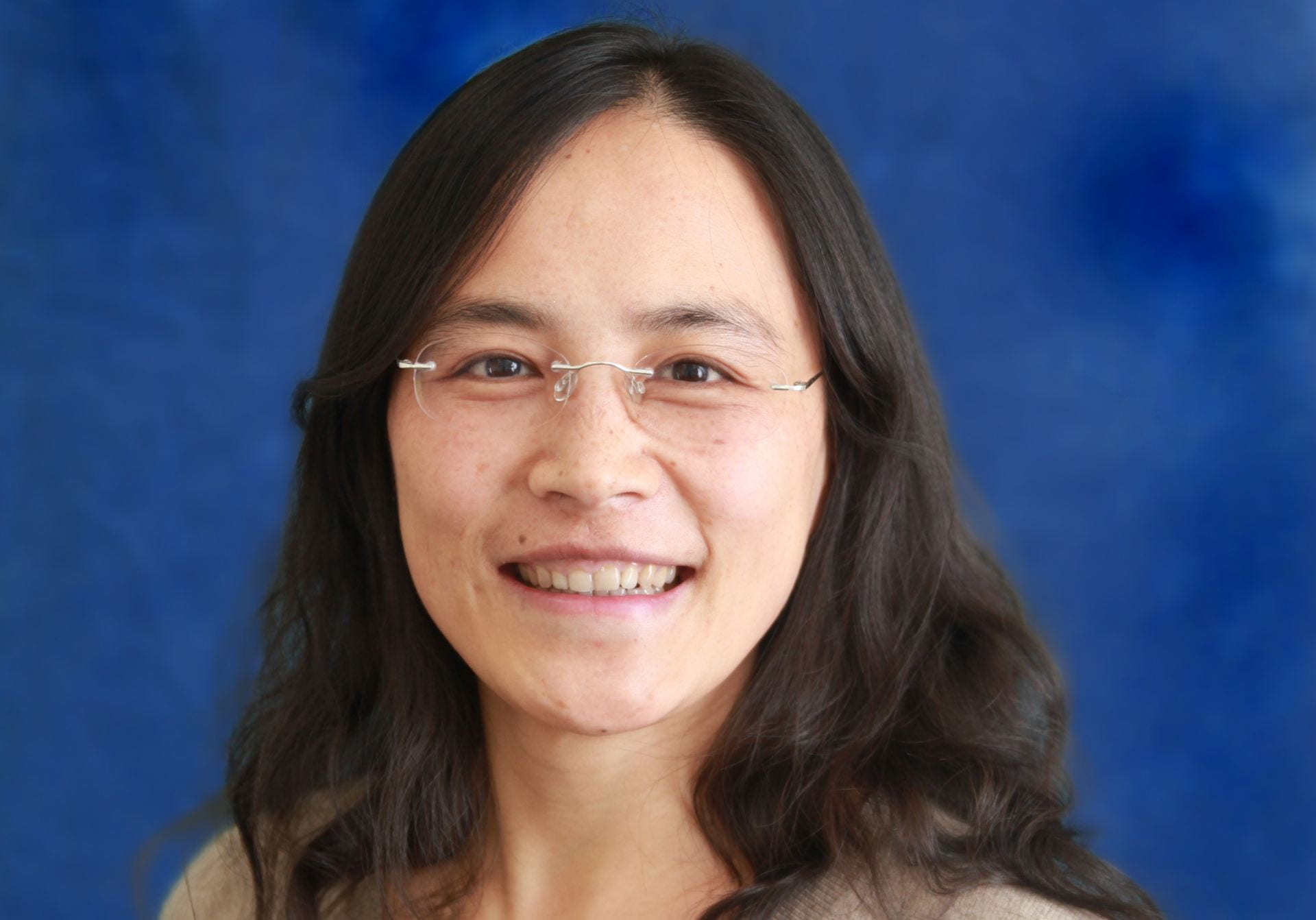Study of scarless wound healing goes digital with 5-year, $3.3 million NIH grant to UCI trio

Wound healing is a complex process that involves intricate interplay among multiple skin and immune cell types. When optimal conditions are achieved, wounds can heal by true regeneration, when new hairs and new adipose tissue re-form. However, more commonly, optimal conditions cannot be achieved, and wounds heal by making scars. To help foster true regeneration, the National Institutes of Health has awarded a five-year, $3.3 million grant to UCI’s Qing Nie, Chancellor’s Professor of mathematics and developmental & cell biology; Maksim Plikus, associate professor of developmental & cell biology; and Xing Dai, professor of biological chemistry. They will blend cutting-edge, single-cell techniques with mathematical modeling to study wound healing, with the goal of integrating into one modeling framework all major skin cell types to allow computational prediction of the elusive conditions necessary for regeneration. Ultimately, this project aspires to transform state-of-the-art clinical approaches to wound management so that scars can be eliminated. The research also will receive support from UCI’s NSF-Simons Center for Multiscale Cell Fate Research, which earlier this year garnered $10 million in funding – half from the National Science Foundation and half from the Simons Foundation.


